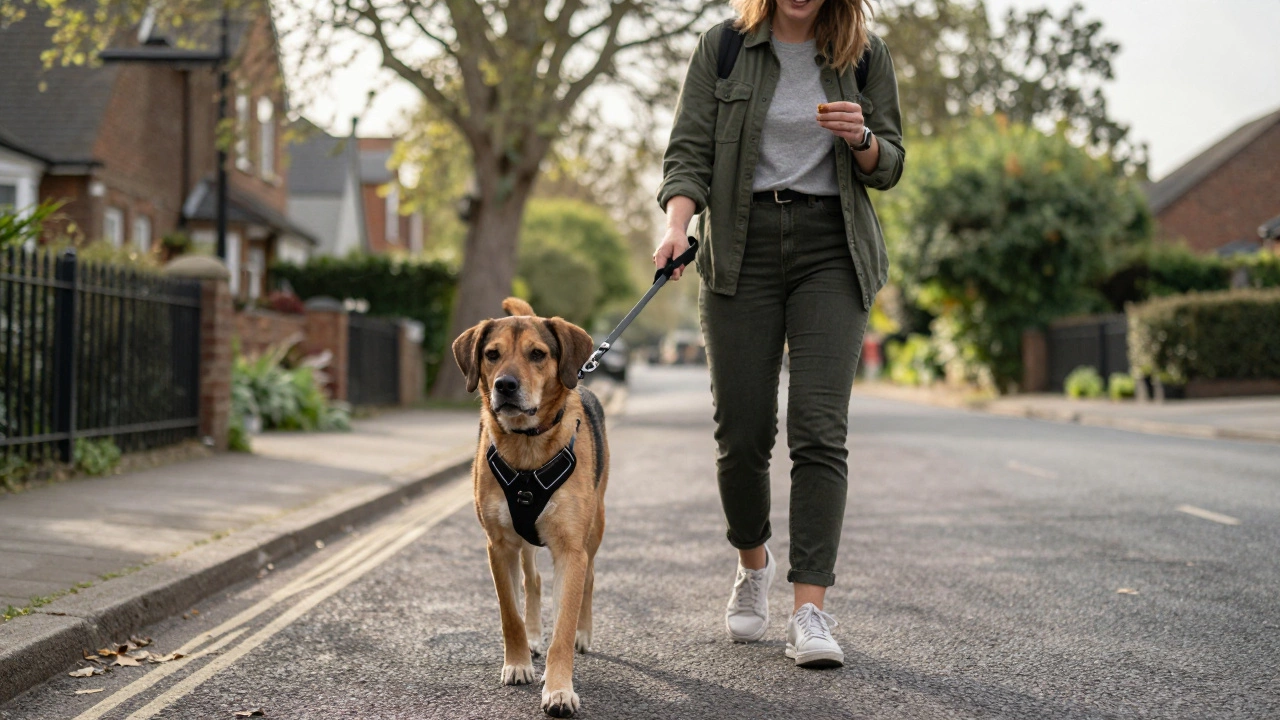ADA Law and Pet Care: What You Need to Know
If you own a pet or run a pet business in South Tyneside, the Americans with Disabilities Act (ADA) may show up on your radar more often than you think. It isn’t just about wheelchair ramps – it sets rules for service animals, public spaces, and even some aspects of pet‑related services. Below are the basics you need to avoid headaches and keep everything running smoothly.
Understanding the Basics
The ADA is a U.S. civil‑rights law that protects people with disabilities from discrimination. In the pet world, the most relevant part is the definition of a “service animal.” Under the ADA, a service animal is a dog (or in rare cases, a miniature pig) that’s trained to do work or perform tasks for a person with a disability. Emotional‑support animals, therapy dogs, and pets that aren’t trained for a specific task are not covered.
Because the ADA is a U.S. law, it technically applies to U.S. businesses. However, many UK pet‑care providers adopt similar accessibility standards to attract American tourists and to show good practice. Knowing the distinction helps you answer the right questions when a visitor with a service dog walks in.
How It Affects Pet Services
Here’s what you should keep in mind if you run a grooming salon, dog‑walking service, or boarding kennel:
- No pet fees for service dogs. You can’t charge extra for a service animal, even if you normally charge a cleaning fee for regular pets.
- Limited questioning. You may only ask two things: (1) Is the dog a service animal required because of a disability? and (2) What work or task does the dog do? No breed, age, or health questions.
- Access rights. Service dogs can accompany their owners into any public area of your business that’s open to the public, unless you have a legitimate safety concern that can’t be mitigated.
- Safety and hygiene. If a service dog is out of control or poses a direct threat, you can ask the owner to remove the animal. Have a clear, written policy for these rare situations.
For pet‑owner clients, the ADA doesn’t give them extra rights for regular pets. Your standard health and safety rules still apply – for example, you can require vaccination records for dogs staying in your boarding facility.
It’s a good idea to post a short notice near the entrance that explains your service‑animal policy. Keep the wording simple: "Service animals are welcome. We may ask two questions to verify eligibility. No additional fees apply." This upfront clarity avoids awkward moments later.
Finally, train your staff. A quick 5‑minute briefing on what the ADA requires, how to greet someone with a service dog, and what to do if there’s a problem will make everyone feel more confident.
By understanding the ADA’s core rules and applying them sensibly, you protect your business, respect your customers, and keep the focus on what matters – happy, healthy pets.
Can Someone Ask Me for Papers on My Service Dog? The Truth for Dog-Friendly Travelers
Ever worried someone will demand paperwork for your service dog during your trip? This article cuts through the confusion and explains your real rights while traveling with your service animal in the U.S. You'll get direct answers on when, where, and what questions you might face. Plus, learn simple tricks to handle sticky situations. Sort out the myths before your next dog-friendly holiday and travel with less stress.






